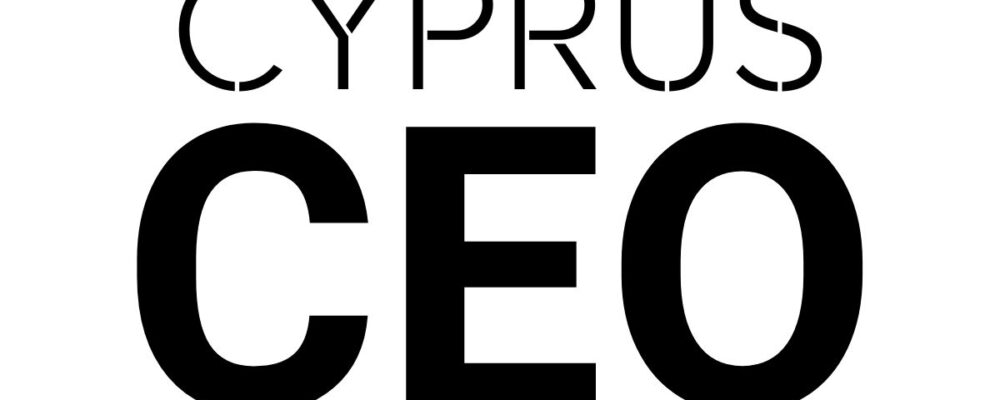Are the directors of the company you invested in failing to act in that company’s best interests? You may be able to protect that company’s best interests by bringing a derivative claim against them on behalf of that company, no matter how small your shareholding is in it.
The laws of England & Wales consider private limited companies (Ltds) to have their own legal personality separate from that of their shareholders and directors. The significance of this is that Ltds can enter into legal agreements, sue, and be sued in their own name without personal liability falling on the shareholders and directors of the company.
The upshot of this is that if the directors commit a wrongdoing against the company, the proper claimant in respect of this action is the company itself, which will not sue the director if all other directors and/or a majority of shareholders do not compel it to do so (which they may not be inclined to do, especially if they are complicit in the wrongdoing).
This potentially leaves minority shareholders without protection against the misdeeds of directors, which may prejudice the profits and other benefits realised by the shareholders from the company they invested in. However, in certain circumstances the law allows derivative claims to mitigate these risks and protect minority shareholders and the Ltds themselves from rogue or misguided directors who deliberately disregard the company’s best interests or their statutory duties under the Companies Act 2006.
Derivative Claims
A derivative claim is a claim brought by the shareholders in their own name, but on behalf of the company to seek remedy against the director(s) for wrongdoing committed against the company.
This provides shareholders with a means of holding director(s) to account for their wrongdoings against the company, even if the company cannot be compelled to sue those director(s) directly through the inaction of directors or other shareholders.
Who can bring them?
The right to bring a derivative claim is generally confined to the shareholders of the company against which the wrong has been committed, but it also includes a person to whom shares:
- have been transferred but not yet formally registered as a shareholder of that company; or
- transmitted by operation of law (e.g. to a trustee in bankruptcy or the personal representatives of the deceased shareholder).
Grounds for bringing derivative claims
The Companies Act 2006 provides that a shareholder may bring a statutory derivative claim against a director for any of the following reasons:
- Negligence of a director i.e. a breach of a director’s professional duty of care to the company;
- Default / failure of a director to perform their obligations under the Companies Act 2006;
- Breach of a contractual, tortious, or fiduciary duty of a director to the company; or
- Breach of trust by a director to the company.
Many of the grounds listed above will overlap in different circumstances. Typical examples of director conduct giving rise to a derivative claim include but are not limited to:
- Causing financial harm to the company, for example waiving debts owed to the company without good reason, or declaring dividends when there are insufficient distributable reserves to do so;
- Transferring funds from the company’s bank account to a director’s personal account, or the account of a company which that director controls;
- Failing to disclose a conflict of interest to the company; and
- A breach of a director’s statutory duties towards the company, such as a failure to act in the best interests of the company.
Process for bringing a derivative claim
Before a derivative claim can be brought on behalf of a company, there is a two-stage process which a shareholder must pass.
Stage 1
The first stage involves a shareholder submitting a claim form to the court seeking permission from the court to commence derivative proceedings.
The court will then consider whether to grant permission to bring the derivative claim based on whether there is a prima facie case to bring it. A prima facie case is a high bar set by the court – it essentially means the court must be satisfied that in the absence of a response by the defendant the derivative claim would be successful.
Stage 2
If the court considers there to be a prima facie case, a hearing will take place at which the court will consider the views of all interested parties (being the shareholders on behalf of the company, and the director(s)) to consider whether the application should be allowed to continue.
The court will scrutinize whether the statutory criteria have been satisfied, amongst other factors, in determining whether the claim can be continued.
The court will refuse permission for a derivative claim to be continued if:
- it is satisfied that a director acting in accordance with their duty to promote the success of the company as described in section 172 of the Companies Act 2006 would not continue such a claim – this bar will only apply if it can be said that no director acting in accordance with section 172 would seek to continue the claim; or
- the proposed or past act or omission for which the member wants to bring the claim has been:
- Authorised – in certain circumstances, a breach of a director’s duties or other perceived misdeeds can be authorized before it occurs with the unanimous consent of the shareholders.
- Ratified – a company can ratify a director’s negligence, default, breach of duty or breach of trust after it has already occurred if the shareholders of the company consent to it without reliance on the votes in favour by the director whose actions are being ratified or any person connected with that director e.g. a family member.
If it is established that neither of the above bars apply, the court will consider further factors when using its discretion, to determine whether to give permission to bring the derivative claim including:
- whether the shareholder bringing the claim is acting in good faith;
- the importance a person promoting the success of the company would place on bringing such a claim;
- whether the act or omission is likely to be authorized or ratified by the company; and
- whether the shareholder has another remedy they can pursue in their own name.
Derivative claims are a complex area of law with further details being outside the scope of this note, specifically concerning:
- authorization & ratification;
- who can bring a derivative claim;
- the grounds for bringing a derivative claim; and
- the circumstances in which a court is likely to continue a derivative claim.
Our expert commercial litigation solicitors are well placed to advise you on both issuing at court, and/or continuing a derivative claim. Please contact us to speak to a member of our Dispute Resolution Team.

James Musallam
Solicitor, Dispute Resolution

Latest News & Insights
Is time of the essence? Constructive dismissal claims
A recent decision by the Employment Appeal Tribunal has received media attention when Dr Leaney, a…
Snow your employment rights!
What are your rights if you are unable to get to work because of the snow?Employees are not…
Gender: Offensive Speech or Freedom of Expression?
The Employment Tribunal has ruled in favour of social worker Rachel Meade, who faced suspension…
All in a Day’s Work: Employment Podcast Series
Our Employment team bring you a monthly podcast covering all aspects of Employment law for businesses and individuals. You can browse our podcasts below…
All in a Day’s Work: Introduction to Religious and Philosophical Beliefs
In the month of new year’s resolutions, this episode will cover an introduction into what a philosophical belief actually is at work.
All in a Day’s Work: Introduction to Redundancy
In this month’s episode, Claire Helling from our Employment team will cover an introduction into managing a redundancy process.
All in a Day’s Work: Race Discrimination
In this month’s episode, we’ll cover an introduction into discrimination with a particular focus on race discrimination under the Equality Act
Top Legal Insights
Contract Law
Material Breach of Contract
What is a ‘material’ breach of contract by a party to a commercial contract? This is a critical issue regularly considered by the courts. What constitutes a material breach and what are the remedies?
Property Law
Commercial Lease: The Financial impact on Landlord and Tenant
Coronavirus (COVID-19) and the restrictions now in place to control its spread, are having a significant effect on many business sectors.
Divorce and Family Law
Divorce in Lockdown: Can I get some discreet legal advice?
We have spoken to clients who are unfortunately experiencing some family issues, and would like to obtain expert legal advice, yet don’t know how…
Land & Property Dispute
Restrictive Covenants – The Price of Modification
Having identified that your land is burdened by a restrictive covenant and for the purposes of this article the covenant in question will be that only one residential building can be erected on the land. What do you do next?
Award winning legal advice
Herrington Carmichael offers legal advice to UK and International businesses as well as individuals and families. Rated as a ‘Leading Firm 2024’ by the legal directory Legal 500 and listed in The Times ‘Best Law Firms 2023 & 2024’. Herrington Carmichael has offices in London, Farnborough, Reading, and Ascot.
![]()

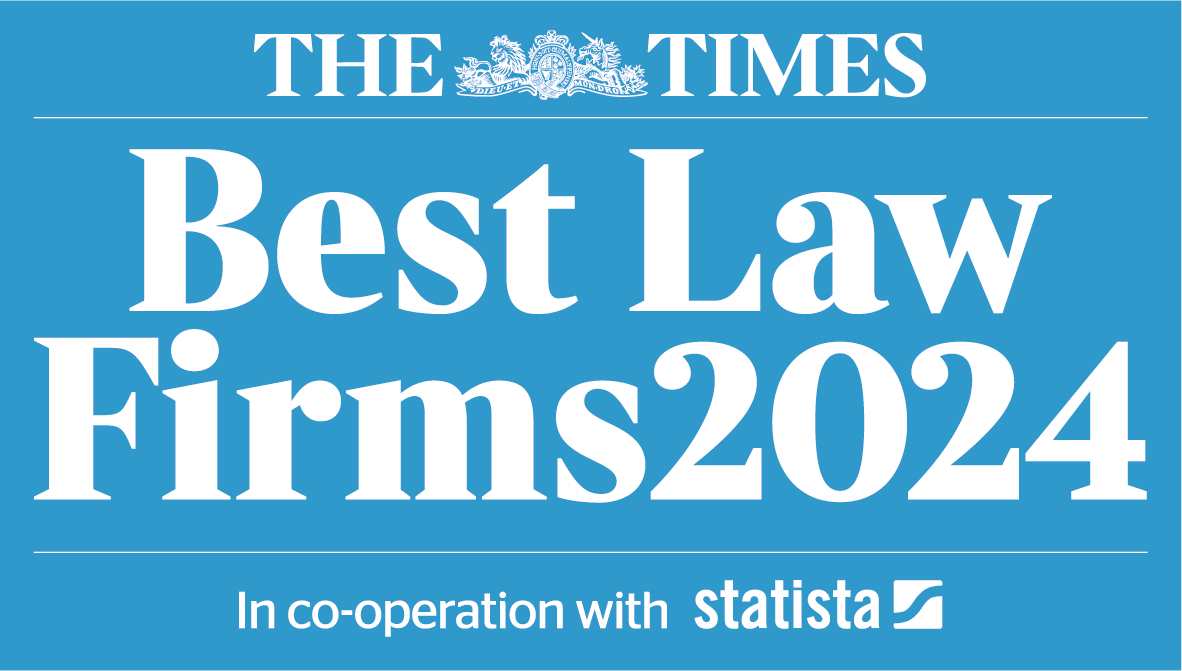

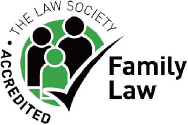
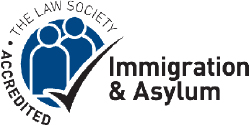
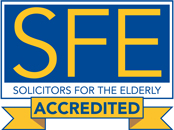

Email: info@herrington-carmichael.com
Farnborough
Brennan House, Farnborough Aerospace Centre Business Park, Farnborough, GU14 6XR
Reading (Appointment only)
The Abbey, Abbey Gardens, Abbey Street, Reading RG1 3BA
Ascot (Appointment only)
102, Berkshire House, 39-51 High Street, Ascot, Berkshire SL5 7HY
London (Appointment only)
60 St Martins Lane, Covent Garden, London WC2N 4JS
Privacy Policy | Legal Notices, T&Cs, Complaints Resolution | Cookies | Client Feedback | Diversity Data
Our Services
Corporate Lawyers
Commercial Lawyers
Commercial Property Lawyers
Conveyancing Solicitors
Dispute Resolution Lawyers
Divorce & Family Lawyers
Employment Lawyers
Immigration Law Services
Private Wealth & Inheritance Lawyers
Startups & New Business Lawyers
Please be aware that we have no plans to change our bank details. If you receive any indication that any of our bank details have changed please contact us before sending us any funds. We take no responsibility for monies you transfer into the wrong bank account.
© 2024 Herrington Carmichael LLP. Registered in England and Wales company number OC322293.
Herrington Carmichael LLP is authorised and regulated by the Solicitors Regulation Authority with registration number 446245.
var props = {
width : 360,
r : 5,
mr : 4 };
rs.loadWidget(‘rswidget_IlNSf’, ‘carousel’, 15573, props);
The post Derivative claims – a means for minority shareholders to fight back appeared first on Herrington Carmichael.
“Herrington Carmichael offers legal advice to UK and International businesses as well as individuals and families. Rated as a ‘Leading Firm 2023’ by the legal directory Legal 500 and listed in The Times ‘Best Law Firms 2023’. Herrington Carmichael has offices in London, Farnborough, Reading, and Ascot.”
Please visit the firm link to site














